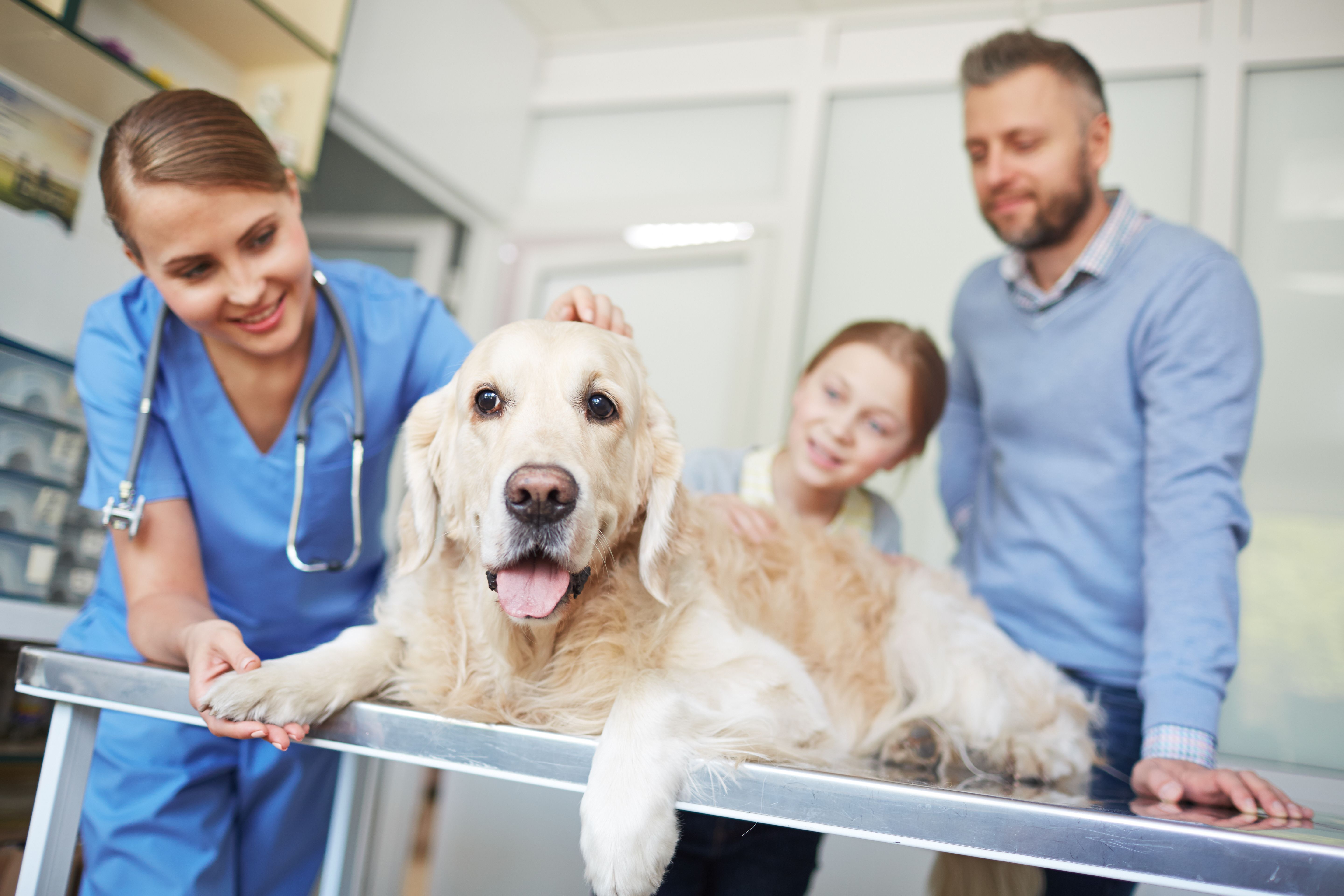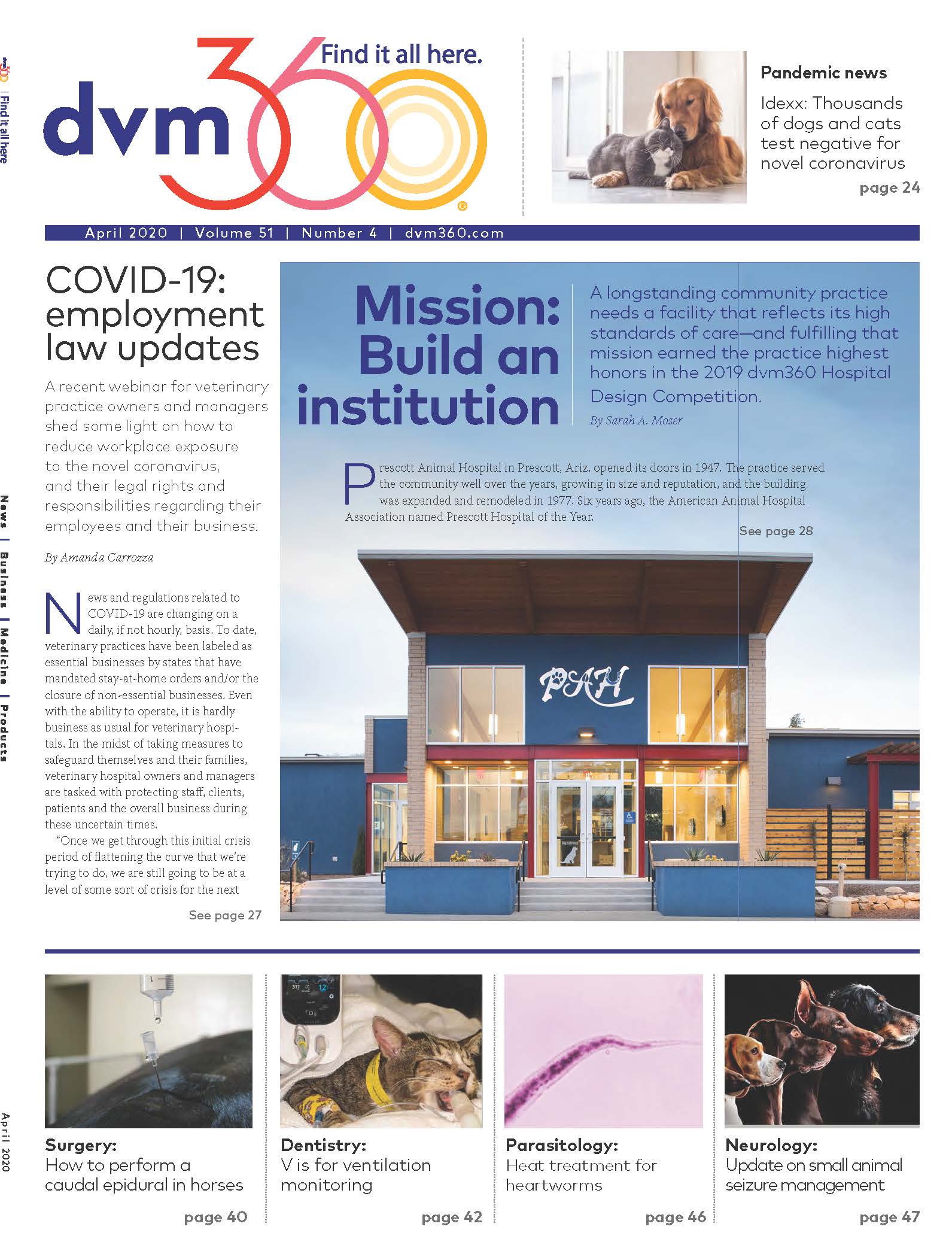AVMA, WSAVA: veterinary practices are ‘essential businesses’
Both associations have urged lawmakers to classify veterinary practices as ‘essential’ because, they say, not doing so could negatively impact both animal welfare and the wellbeing of pet owners.
pressmaster / stock.adobe.com

To help mitigate the spread of COVID-19, local governments everywhere are asking—and in some areas ordering—non-essential businesses to close, including some veterinary clinics. But doing so, according to the World Small Animal Veterinary Association (WSAVA) and American Veterinary Medical Association (AVMA), could jeopardize the welfare of countless animals and their owners.
As WSAVA President Shane Ryan, BVSc (Hons), MVS, CVA, GradDipAnimChiro, MChiroSc, MRCVS, explains in a press release, veterinary professionals not only provide essential care to animals but they also “ensure animal health and welfare, and support the human-companion animal bond by protecting these deep and important relationships.”
Christopher Shapley, DVM, CVA, veterinary acupuncturist and herbal medicine specialist at Brick Town Veterinary Hospital in Brick Township, New Jersey, agrees. The human-animal bond is more critical than ever, he told dvm360, especially with so many people in self-isolation. “Veterinary practices must remain open to not only ease the suffering of the sick but to reduce the stress of pet owners so they can safely and soundly tend to their own needs,” Dr. Shapley says.
Some states, including Maryland, Michigan, Connecticut and Pennsylvania, have categorized veterinary practices as essential. In its call for authorities to classify veterinary practices as “essential businesses,” the AVMA stated in a press release that “veterinary teams provide essential animal care, play a critical role in protecting the health of animals that enter the food supply, and serve as trusted members of the local community in disaster situations.”
In its “Memorandum on Identification of Essential Critical Infrastructure Workers During COVID-19 Response,” the U.S. Department of Homeland Security Cybersecurity & Infrastructure Security Agency included animal agriculture workers in its list of “essential critical infrastructure workers.”
This includes “those employed in veterinary health; manufacturing and distribution of animal medical materials, animal vaccines, animal drugs, feed ingredients, feed, and bedding, etc.; transportation of live animals, animal medical materials; transportation of deceased animals for disposal; raising of animals for food; animal production operations; slaughter and packing plants, renderers, and associated regulatory and government workforce.”
Although Brick Town Veterinary Hospital remains open to the community, Dr. Shapley says it’s far from business as usual.
“Social distancing in practice, treating only sick patients and performing only emergency surgeries are the “new normal” during this pandemic,” he says. “Veterinarians must stay vigilant and continue to service the community with their own safety in mind.”
